The Vindication Of My Hobby: What’s Great About Gaming?
August 7, 2013 by crew
I decided to take up the gauntlet thrown down in many YouTube comments and write an article that justifies to your better half or concerned family members that spending so much money on “toy soldiers” is ok. In my opinion simply persuading someone is probably never going to work. I have been a part of this hobby for twenty years now and speaking from experience the hobby encourages and boosts literacy, numeracy and patience as well as increasing vocabulary and the use of a participant’s imagination. All of which have helped me grow as a person over the past two decades.
Although the hobby can be quite expensive, the backgrounds and concepts that I read about drew me in deeper and deeper. This drove me to spend all my hard earned pocket money and birthday money on little bits and pieces over the years because I had that desire to make thematic armies and see what happened if one legendary character came up against another mighty hero from another race. Yet after all these years in this hobby, which has helped to educate and develop who I am my parents still refuse to purchase anything for my hobbies as Christmas or birthday presents! In their eyes my hobby is overpriced and a bit juvenile. Although my in-laws understand why these things cost what they do, they are also baffled by the passion that I have about the “little men” I collect.
The biggest problem is perception, war games and board games in general are seen as “nerdy” and they aren’t considered cool. I see it as simply having a similar passion for the hobby that a football supporter does for his. He could name you every player on his favourite team, he could tell you every guy who ever scored a goal for them, every team they have beat in the past decade and probably the final score and for some reason that isn’t geeky. I could tell you about alien technology that can dissolve metal or about sentient robots trying to take back the universe and remember stat lines to keep a game flowing. That’s geeky? Now to me that’s all backwards.
Back in the early 1980’s all the way up to the early 2000’s video gaming was thought of the same way because it wasn’t popular and was also thought of as being childish, just like comics before that. Soon though people realised that they were an art form, a device for telling amazing stories in a more intimate or colourful format. This realisation has brought us things like Bioshock and Half-Life and more recently games like The Last of Us.
Now videogames and comics are more accepted socially they have become things that movies are based on, mass merchandising licenses are based around them that make companies millions of pounds every year. A lot of the big franchise videogames now have massive budgets that rival Hollywood blockbusters, that’s how mainstream they have become; they sell millions of copies and yearly make back their budget and more. As comparison just look at this recent piece of artwork and the accompanying miniatures from Infinity. Now to borrow a famous saying “I don’t know art but I know what I like” and I love this not only because it’s sexy, cool and incredibly well done but the translation from one medium to the other is astounding.
So does this mean that board/war gaming could have its day in the sun soon? With the extremely popular T.V show The Big Bang Theory exposing people to amazing board games like Settlers of Catan and role-playing games like Dungeons & Dragons and the growing popularity of Tabletop on Geek & Sundry, more and more people are seeing new and interesting, dynamic games. Developments like Kickstarter and IndieGoGo have given rise to some behemoth games that have smashed target after target in some cases getting pledges in excess of ten times of what was originally asked for. Games like Zombicide, Kingdom Death & Dreadball are a good example of this.
In some cases they allowed people early access to beta rules to give feedback on what’s working and what isn’t and this in turn helps to refine games and cut down on the amount of cheese there is within them from launch. I can't think of many hobbies that allows this much interaction between the designer and the person playing the game. New sculpting and production techniques like 3D rendering allow sculptors to go over their miniatures with a fine tooth comb meaning they can reposition the stance of the model without having to completely disassemble it and start fresh. The detail that can now be applied to models due to new plastic casting methods is simply spectacular at times. In a way we might be close to our Golden Age and it could be just the right time to pull someone in.
As we all know it only takes one little thing to draw you in and that’s it, you’re hooked for life. Unfortunately for the current generation the gateway games that got me into the hobby are either out of production or had a limited re-release runs. Games like Heroquest, Space Crusade and Space Hulk knew how to keep game play quick and simple but added more depth once you had mastered the initial rule set. Luckily the companies of today have taken this simple idea and encompassed it into their own franchises. The Dungeon & Dragon Adventure Games are one such gateway game, getting rid of all the hassle of detailed rules and making things into a simple experience with tactical depth.
There are also many other franchises out there linked to the tabletop allowing you a gateway experience. The Star Wars X-Wing game is so simple and so easy to play and almost instantly recognisable to most people not to mention the gorgeous pre-painted miniatures that are available for the game. Even companies like Games Workshops have taken on the Lord of the Rings franchise and more recently the Hobbit allowing you to recreate battles and scenes from the film with a fairly easy rules set. The best thing about the current wargaming scene to me is you are not limited by per-determined systems anymore. As I mentioned before crowd sourced games are allowing miniatures to be produced for many different so why not take something you like the look of and apply a system you are comfortable with to it and adapt as you see fit.
With all this in mind maybe your critic is only a game of Deadzone, Myth or X-wing away from drawers full of dice, cupboards full of various paints and a desk full of miniatures.
How do you vindicate your hobby to your friends and family?
Scott Webster
If you'd like to submit an article for Beasts of War then contact me at [email protected]





























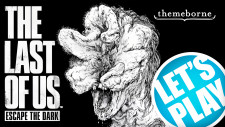

![TerrainFest 2024 Begins! Build Terrain With OnTableTop & Win A £300 Prize! [Extended!]](https://images.beastsofwar.com/2024/10/TerrainFEST-2024-Social-Media-Post-Square-225-127.jpg)
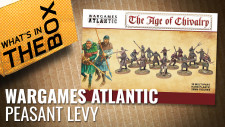
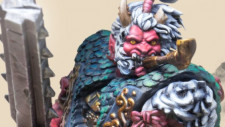
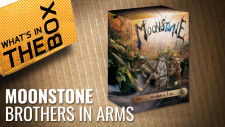

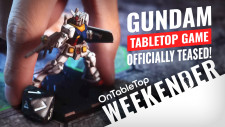




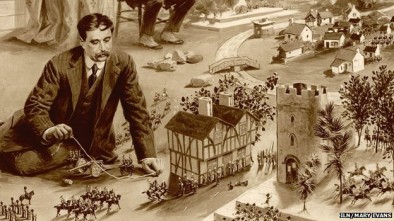
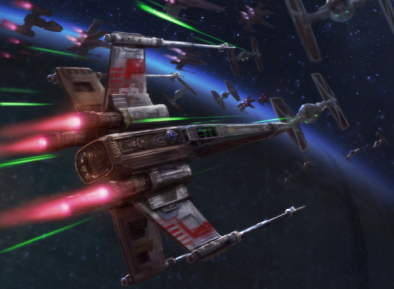
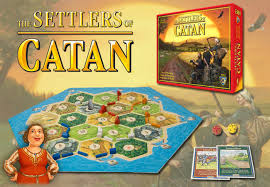
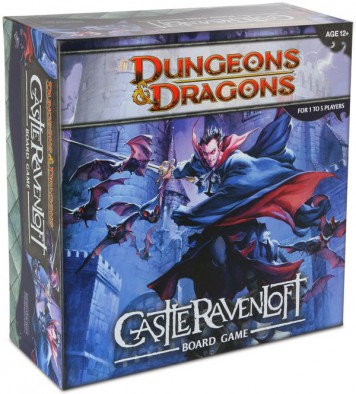


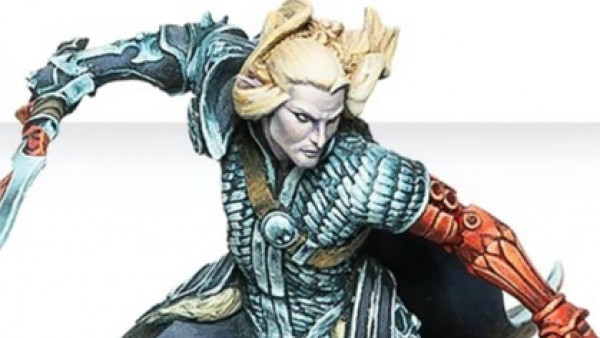
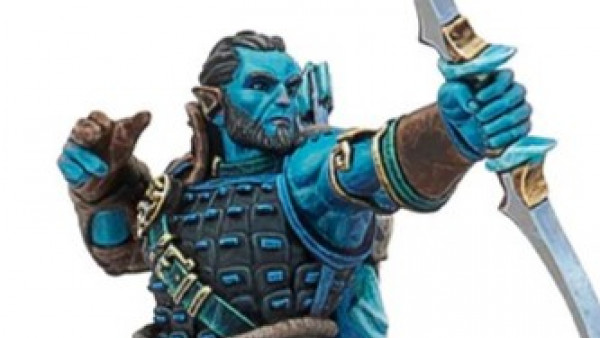
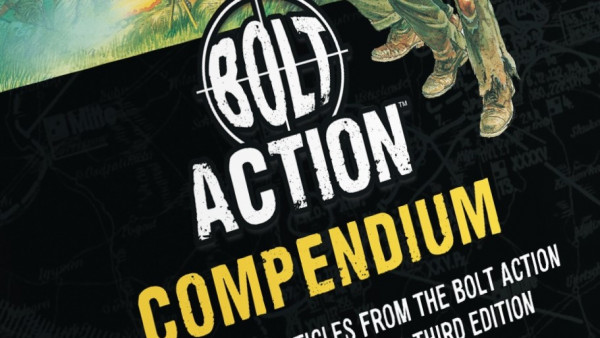
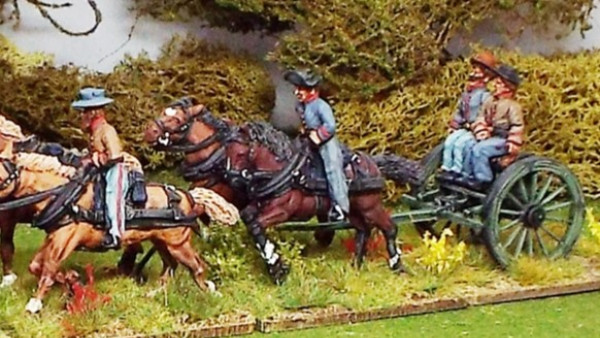
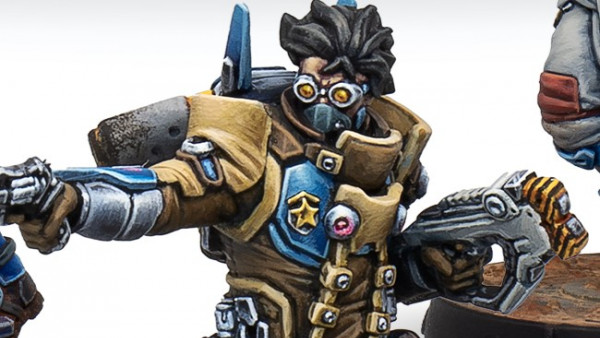
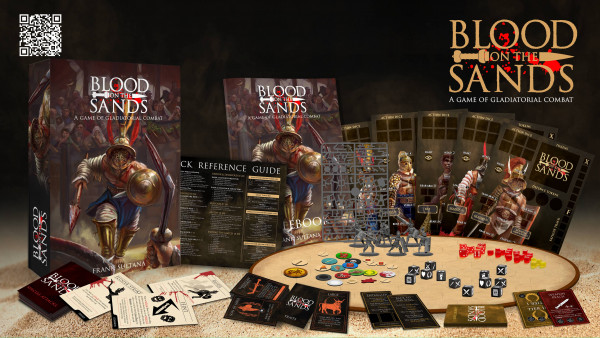
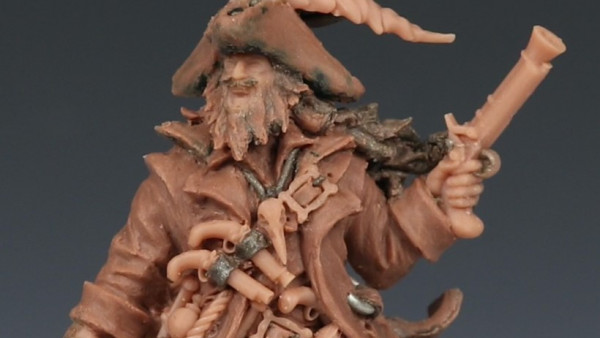
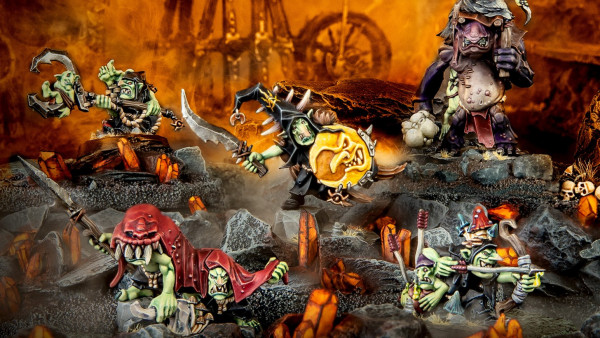
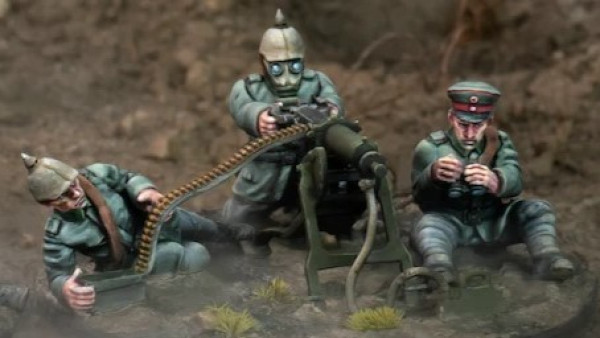
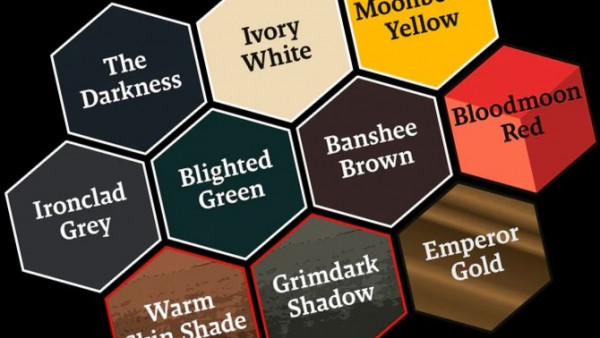
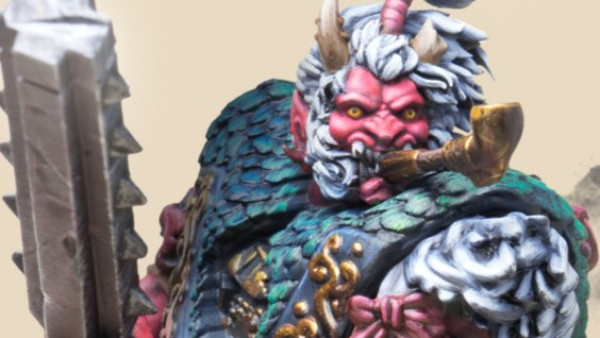
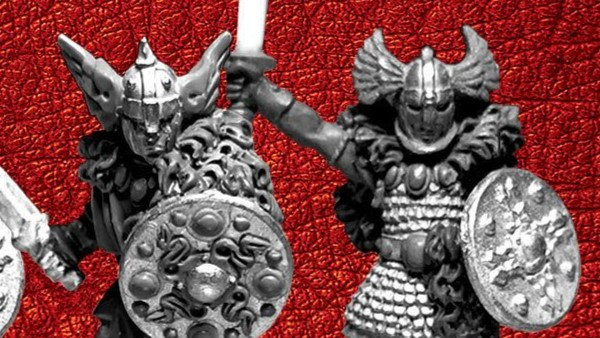
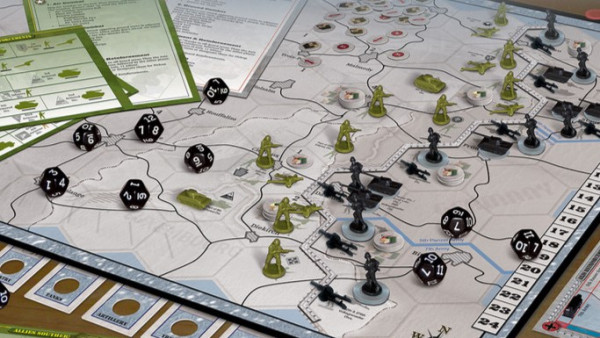
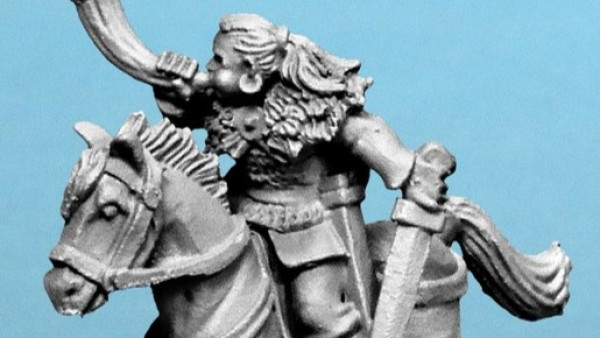









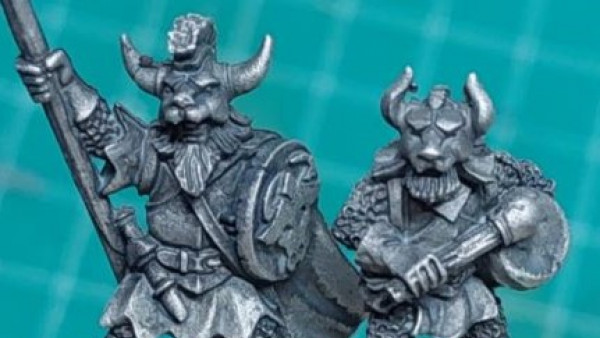
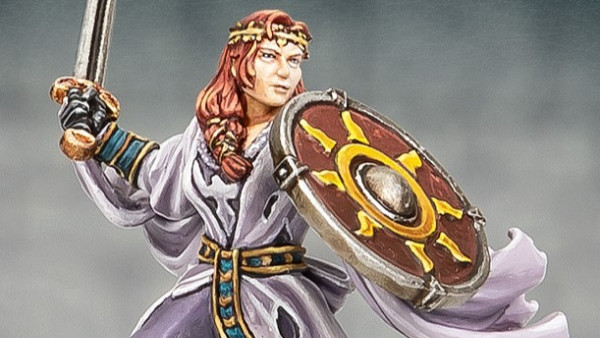
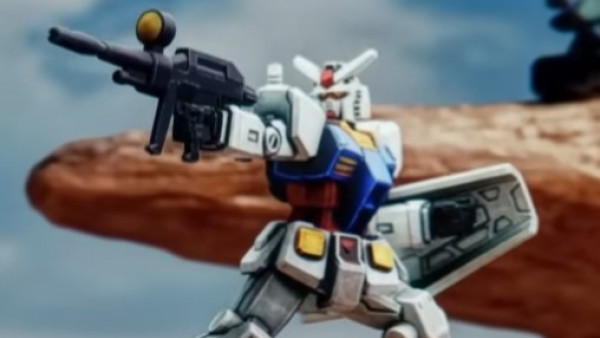
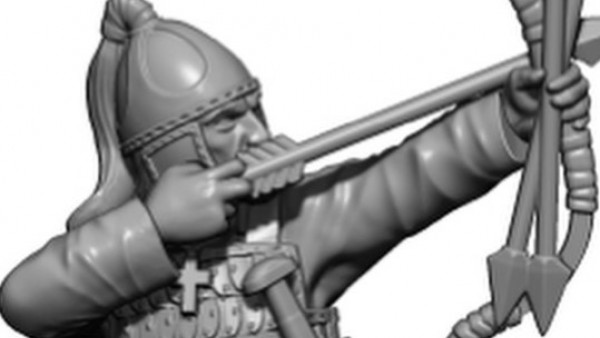
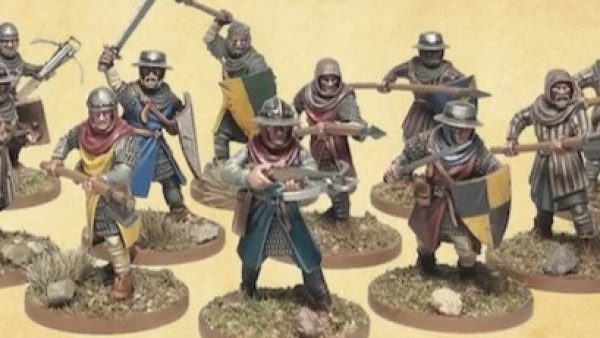
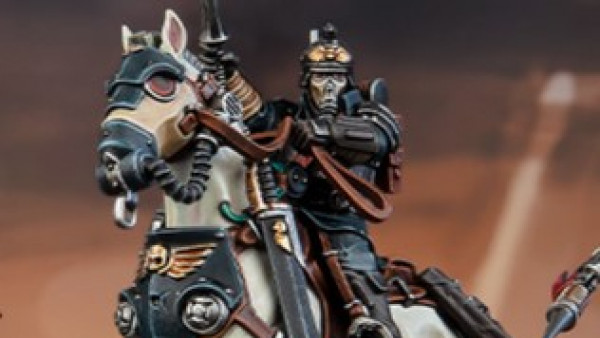
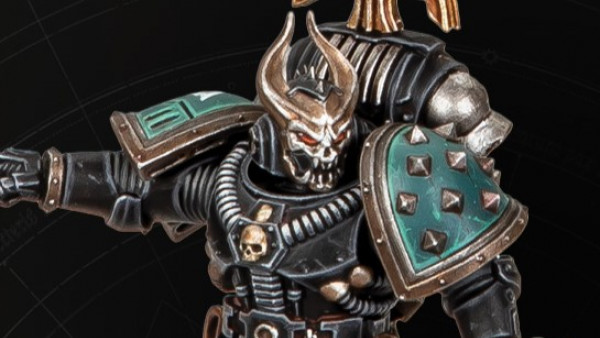


Just showing my ever patient wife this over the brekfast table 🙂
Lol, im easing my wife into the hobby. Playing carcasson with her. 🙂
Lords of Waterdeep is a great gateway … because though its D&D, you are essentially moving cubes around. (only we really know that the cubes are really a cleric, thief, wizard, and warrior .. just keep this a secret ;D ) I would include Mice and Mystics even more so as a gateway game. Ticket to Ride is also very easy to get people to think outside of the Monopoly box as well. I mean, its trains. Who doesn’t like trains? ;D
Agh…. I’d be the last to be able to defend the hobby… I have boxes of unpainted lead that I still intend to get painted….. I have some projects in an almost finished state of “purgatory” that take up room on my work table……. My interest in gaming and history combine in interesting ways, I reenact as a WWII Canadian Infantryman… roughly over the same period I started building a large FoW British/Commonwealth army… I research the period with a little more dedication…. My Wife does play some games, my almost adult children play a few more…. tonight is my… Read more »
Ive played a few games of DreadBall with my wife and although we had more than a couple of verry fun “action” moments and had a good laugh the source material or “fluff” didnt capture her imagination like it does mine. Probably because its sports based I imagine. Dont for one second think this means shes not competitive, verry much topposit is true. She beat me two out of three games! I think if I found something with the right hook for her wed be game on. Actually there isnt a single persin I know who doesnt like playing some… Read more »
I have used many of these points myself to justify why a 34 year old man still plays with toy soldiers. However, the sound effects i add while playing x-wing(admit it, we all do it) slightly undermines my case 🙂
glad im not the only 1 who makes noises while playing but its the a-holes who think playing these games are childish yet play call of duty for hours each night that bug me
I play games because I enjoy it. No further justification needed.
So glad this has been published, many thanks go out to Ben for the help, I really appreciate it.
The only game I’ve managed to get the wife to play is Space hulk.
Great article. My introduction to wargaming was by a friend who got the 40K 2nd edition boxed set. However my parents saw it as expensive. But They did eventually relent and my first proper army was for Epic Space Marine. A couple of years after than thought it was my parents fault for getting me into rpgs, when they randomly brought home the DnD Classic boxed set. Since then my parents have seen the hobby is better light, noting how it kept my friend and my self away from causing havoc elsewhere, plus they could see it bringing out my… Read more »
I have to say I dont get any hassle from my wife abiut gaming. I have turned a weekend day into a family day where we play board and tabletop games before dinner.
I have to admit though that I am a closet geek and very few of my friends know I am in the hobby. I have a group of friends that I play and chat to about gaming and my other friends who I talk to about everything else.
This article started out nicely. But then it turns into a gamers-for-gamers argument. It’s not necessary for everyone to enjoy the same pastimes you do. Like I would never be cheering on a soccer team, no matter how enthusiastically someone tells me about ‘their’ team.
I feel the first arguments (curiosity and literacy, logical/strategic thought and planning, patience, imagination) are a lot stronger to ‘convince’ someone of the importance of our hobby. These are values they should be able to recognize, even if they don’t themselves enjoy the way these skills are gained.
I used to get my wife to play HeroClix, but that didn’t last long. She never liked it. She only did it for me. My wife does not get or like strategy games, or video games. She enjoys other board games and playing cards. Thankfully for me my kids like them so I can justify it a bit as family time…. If only she would play.
I’ve played many videogames (she ask me for Mario Galaxy 2, a couple of Christmas ago) and boardgames with my girlfriend (even Zombicide) and she likes it. But she likes her games short and simple. She doesn’t want to get involved in huge-rulebook-reading and I can understand that. She laughs at Big Bang Theory as much as I do and agrees from time to time to watch one of my «cult movie». She likes it when I speak about my hobby and show her my newly finished miniature. I even have a full room in the basement for my game… Read more »
Table games are such a complete hobby to me. Making terrain pieces, to building models, and using all of it to pit your force against another’s. All the artwork involved. I have a friend who’s into model trains and the town he’s created with pieces he made from plasters and casting are incredible. It’s all endless fun to me.
My Wife painted some minis with me about 20 years ago, I asked her if that was fun and would she like to do some more and she replied “Yah, but no”. She likes cards and traditional games, however do I really want her involved in my hobby?? What she does is allow me to enjoy my hobby because she knows I love it.
An ideal job is a hobby as a job)) so they say) However, there are many nuances here. The human psyche is arranged so that the employee is embarrassed to ask for more money if he really likes the job. But this question will arise sooner or later. My parents taught me that I should separate hobbies and careers from the very beginning. And it gave its results. I have long overtaken those of my college friends who chose to work with their hearts. The secret to success is pretty simple. Choose the company where you have to enter a… Read more »